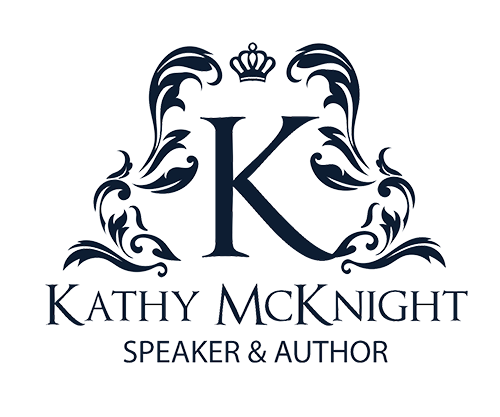As a professional coach, I have helped many individuals recover from addiction, and I believe that the willingness to fight your addiction is the first and most necessary step. If you have already resolved to fight your addiction, you have already won half the battle. But what’s next?
Based on my research and experience, I believe understanding the triggers to your addiction is the next crucial step that you have to take to fight your addiction. I have decided to dedicate this blogpost to understanding the importance of your triggers.
What Are Triggers?
Before we move on to the importance of understanding your triggers, let us first briefly have a look at what triggers are and how they work. If you ask me to explain the word ‘triggers’ in layman’s terms, I would say that a trigger is anything that inclines you to your addiction or brings back the painful thoughts and memories associated with it.
During the recovery phase for a substance use disorder, it is common for addicts to relapse due to different triggers. In most cases, triggers are individuals, places, or environments that remind of how they felt when they were using. Keep in mind that this isn’t just limited to drug addiction only. People addicted to sex, gambling, and other things can also experience the same.
How Do Triggers Work?
Often, a trigger reminds an individual of their past and makes them turn back to their addiction to escape it. In some cases, a traumatic experience or some painful memories can result in a relapse. You might be surprised, but some of my clients have even reported getting triggered while using ATM to withdrawal cash because they had a painful experience in the past. Some addicts also confess that meeting their old addict friends or walking through those places where they fell victim to addiction also inclines them to return to their addiction. Even certain songs and movies can act as triggers for some people.
How to Identify Triggers?
While it is true that some common things can trigger a relapse, but triggers are also subjective and vary from individual to individual. Once you have resolved to quit your addiction, identifying triggers is the next challenge. A personal coach and family support can assist you in the process, but only you can determine those things that have the potential to trigger your addiction.
Reflect on your experiences that remind you of your addiction. Ask yourself what the causes of your addiction in the first place were. What are those things that remind you of your painful experiences? Does going to certain places or meeting certain people bring back any painful memories? Once you have understood such things, it will be easier for you to prevent chances of relapse and heal.
What Happens Once You Have Understood Your Triggers?
You Become More Aware
You must have heard the old saying that “Knowing is half the battle.” Understanding your triggers increases your self-awareness, which is one of the essential tools to fight addiction. It helps you understand yourself better and act accordingly to heal. Even if you notice any of your triggers forcing you to return to your addiction, self-awareness can give you greater self-control.
You Learn to Take Responsibility
Once you are aware of things that trigger your addiction, you learn to act more responsibly. You don’t blame your loved ones or anything else for your addiction, and you realize that the power to fight your addiction lies within you. You have to do everything it takes to avoid those triggers.
You Make Better Plans
Understanding your triggers is like knowing your enemy’s plan to create a better defense. Once you know those things, people, or places that can trigger your addiction, you can make better plans to save yourself. This could even mean moving to a new place, cutting ties with certain people, giving up on certain foods, and a lot more.
Seek Professional Help Today
If you or a loved one are battling drug or alcohol addiction, seeking professional help can make ease the process through to recovery. I have been helping many individuals and families in their fight against different types of addictions. Get in touch with me to get professional advice and support. You can count on me as another warrior on your team in our fight against addictions.


